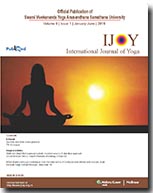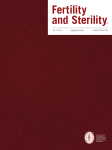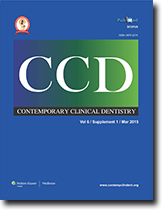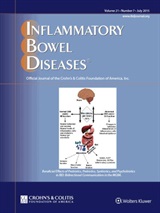 A paper concluding that a specific series of yoga poses is effective at promoting weight loss in obese women has a call for retraction in a letter to the editor of the International Journal of Yoga.
A paper concluding that a specific series of yoga poses is effective at promoting weight loss in obese women has a call for retraction in a letter to the editor of the International Journal of Yoga.
The study followed 87 women for 8 weeks as they completed a regular routine of yoga, circuit training, or walking on a treadmill. “Suryanamaskar: An equivalent approach towards management of physical fitness in obese females” concludes that
All three methods were effective in weight and physical fitness management.
But a group of heath researchers at the University of Alabama at Birmingham led by David Allison failed to replicate the statistical tests on some of the data. In a recent letter to the editor, “Unsubstantiated conclusions from improper statistical design and analysis of a randomized controlled trial,” they express skepticism about the paper’s claims, and ask the journal to retract it:
Continue reading Letter calls for retraction of yoga weight loss paper



 A
A 



